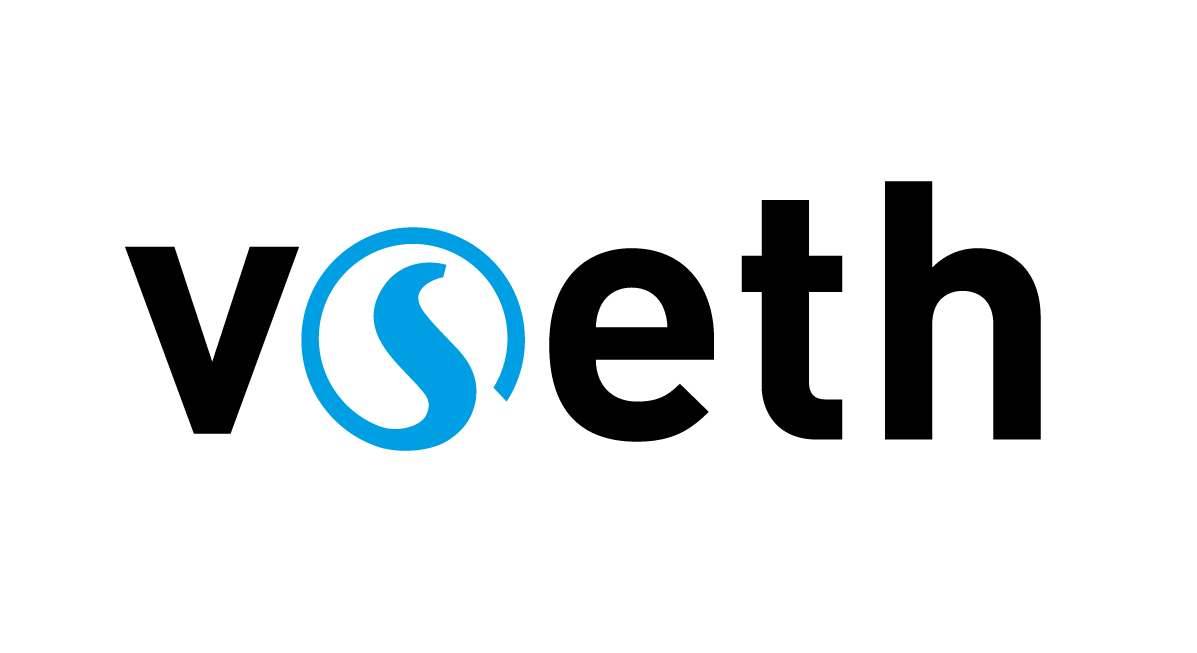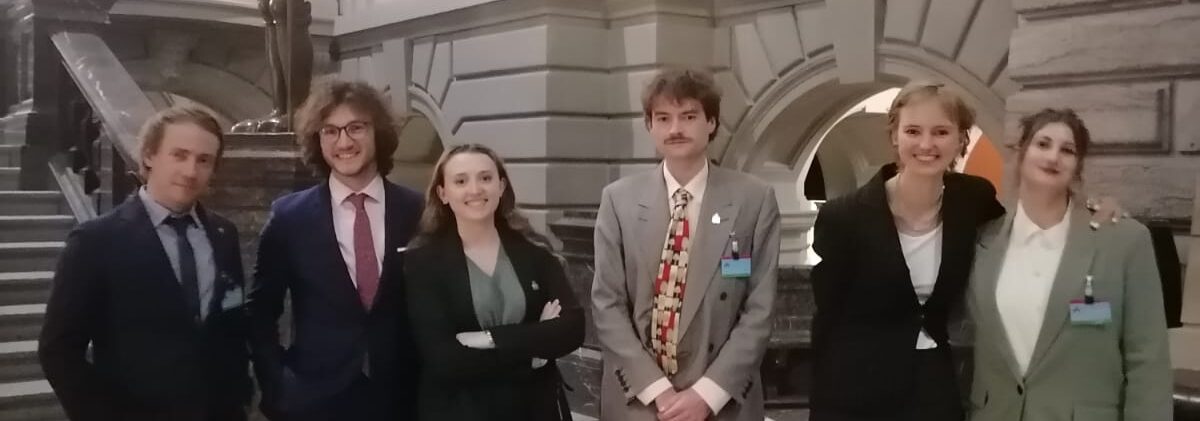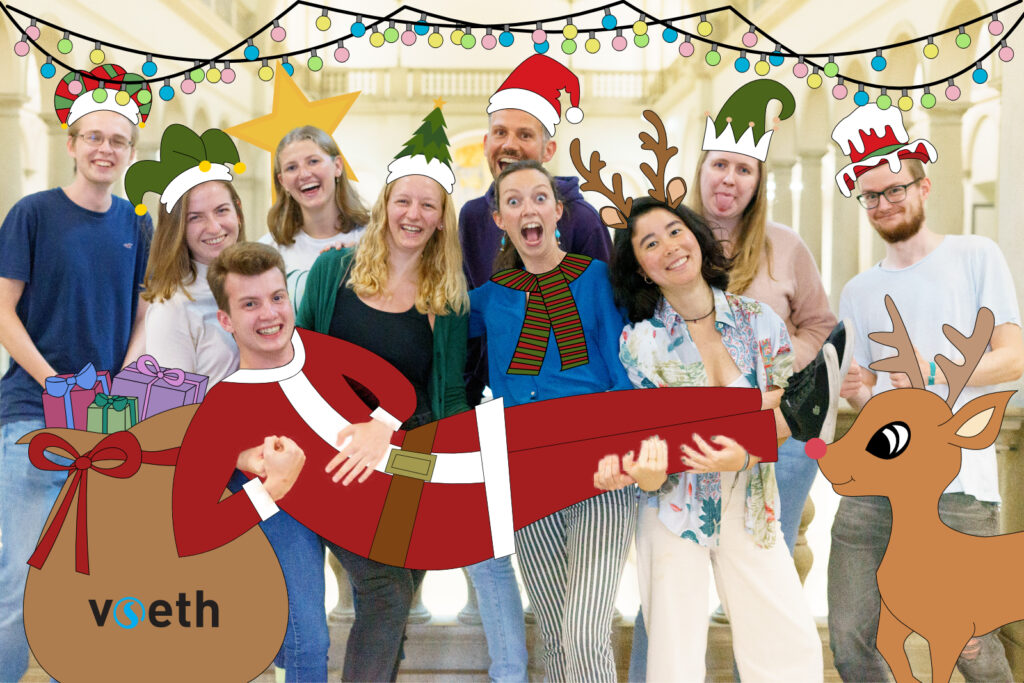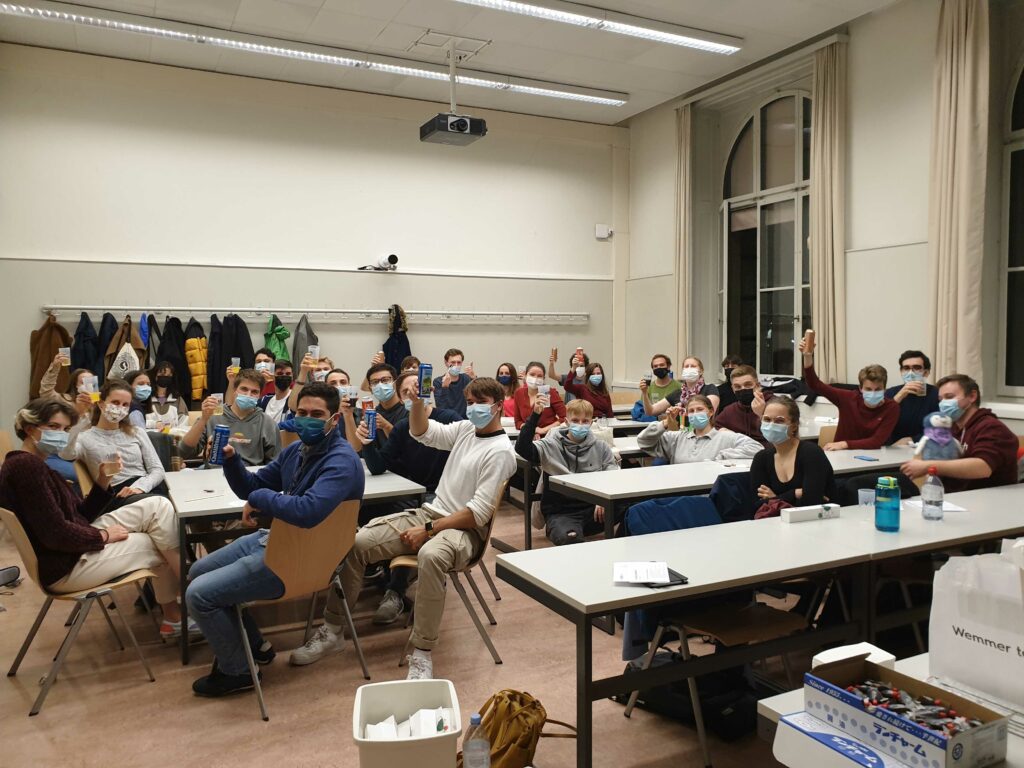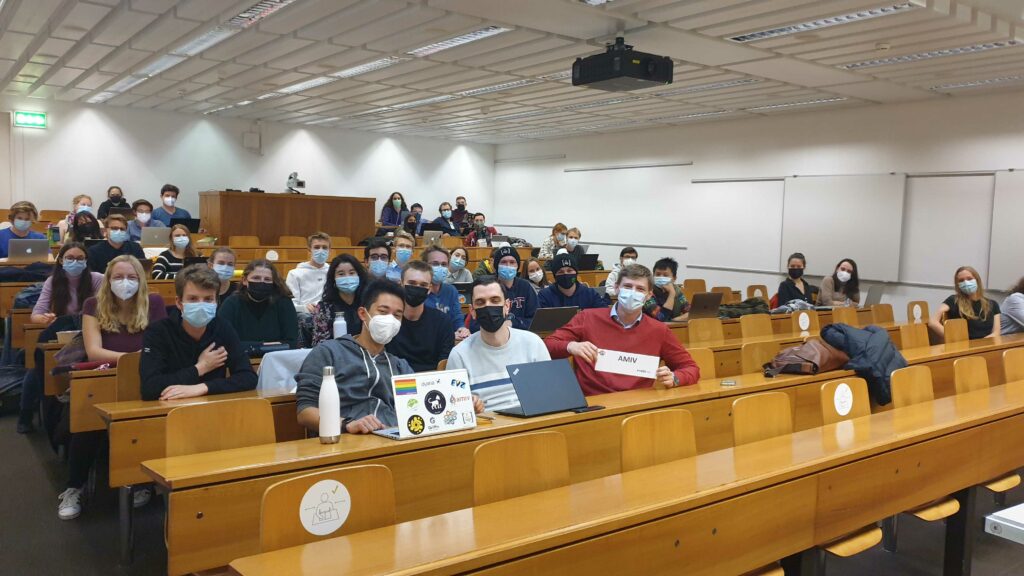It feels like we are back in March of this year: During the last ETH Board meeting on July 10-11, it was decided to triple the tuition fees for international students and to adjust all tuition fees according to inflation. This issue had already been discussed and rejected in March, but unfortunately, the proposal was accepted this time.
How did this renewed discussion and drastic reversal occur just four months later? Here, politics play a crucial role. As you may know, the National Council and the Council of States have discussed a potential amendment to the ETH Law in connection with the 2025-2028 BFI message, which, among other things, sets the budget for the ETH domain. This amendment would mandate significantly higher tuition fees for international students and enjoys broad support from a majority of parties, including those usually against such increases (e.g., the SP). To preempt this substantial intrusion into ETH’s autonomy, the ETH Board decided to revisit the issue and ultimately changed its decision.
The VSETH continues to oppose this decision. Data from the WiegETH’s survey, which we conducted earlier this year, already show the severe consequences such an increase would have. Here are some not-so-fun facts from the data:
- A total of 51% of international students report that they would need a new scholarship after the increase. Additionally, 15% of international students say they would need an additional scholarship to complement their existing one, while only 5% indicate they could continue their studies without any scholarship.
- Master’s students without an ETH bachelor’s degree would be especially reliant on scholarships.
- When asked whether they would have chosen a different university if the tuition fees at ETH were CHF 2190 per semester, 31% of students overall said they would have chosen a different university, and 36% were unsure. Only 32% could say with certainty that they would have chosen ETH again.
Overall, these figures clearly show that the planned increase will significantly impact the financial situation of countless students. They also indicate that an ETH education would no longer be feasible for many under these new circumstances, and numerous new scholarships would be needed. The loss of these international students would not only greatly reduce diversity at ETH but also keep talented professionals away from Switzerland, exacerbating the country’s skilled labor shortage.
How will things proceed for us students now? The increase is set to be introduced starting from the fall semester of 2025. All students already enrolled will not be affected by this increase due to a transitional regulation, meaning that students who are currently matriculated will be able to complete their Bachelor’s or Master’s degree without a fee increase.
And what has VSETH planned to do against this decision? For VSETH, it is very clear: this decision must be challenged. An increase in tuition fees is not a good decision in any respect (the data speaks for itself), and we should loudly oppose it.
VSETH will of course be heavily involved in the hearing within the ETH domain. Additionally, we are already planning an action day in the first weeks of the semester, where all students can participate and protest against this decision. The exact date of the action day has not yet been set, but stay updated through the tuition fees newsletter or the VSETH Instagram account!
